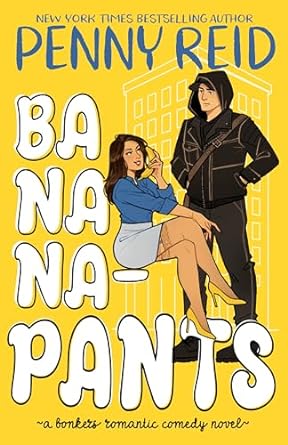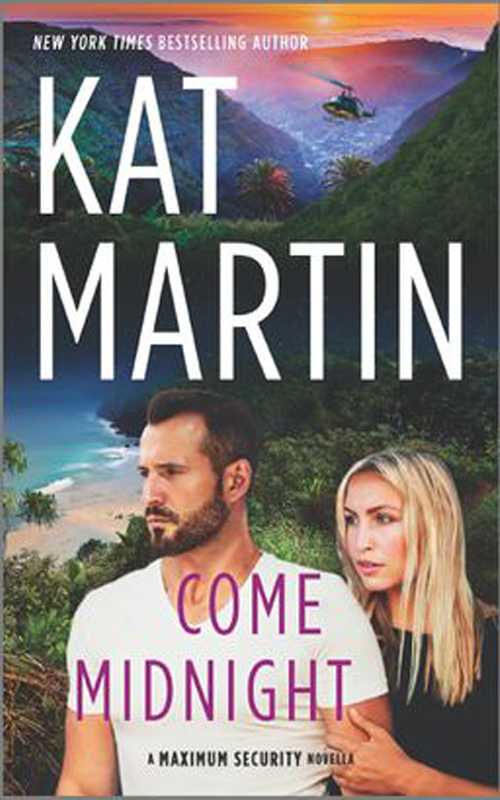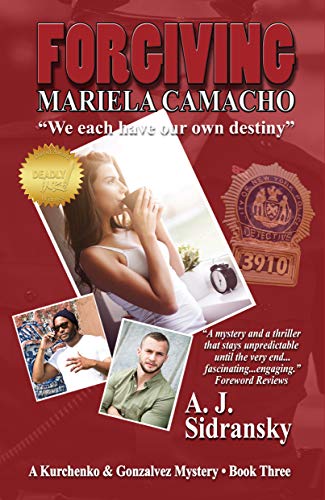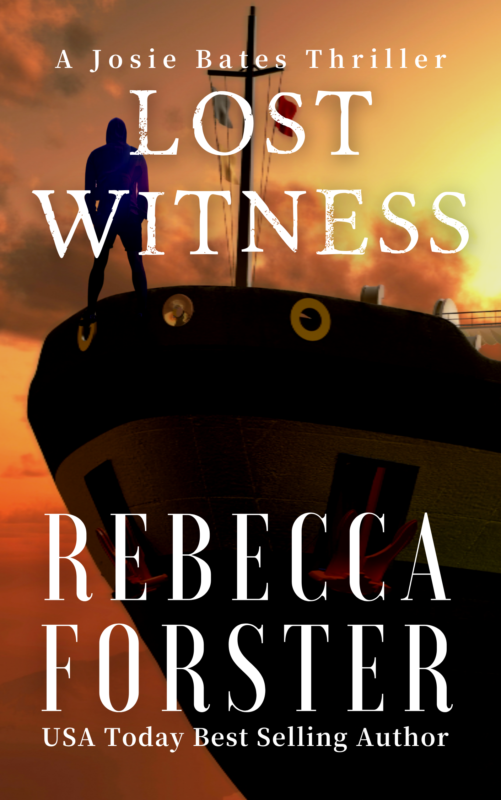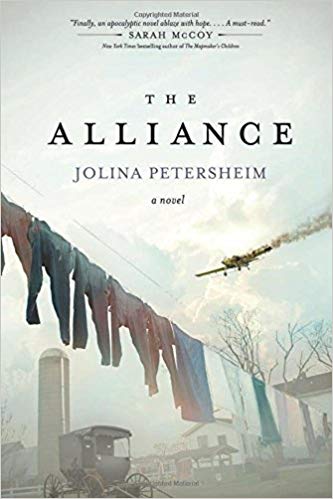WRITERS—Social Warriors
February 19, 2022 by Jenny Jensen in category On writing . . . by Jenny Jensen tagged as changing the world, gutsy women, social change, storytellers, voicies
Like most of you, I’m a voracious reader – voracious and omnivorous. I love every genre but I tend to binge. Right now I’m binging on historicals—adventure, detective, romance and biography. It started with the publication of a client’s historical seagoing adventure. I really love this client—dedicated, talented, determined – and best of all, his 18th century hero is surrounded by characters so real they practically walk off the page.

The cast of characters includes every walk of life one would find in postcolonial America and the wider world. From merchants to millers to a lesbian frontier woman, a free black family, an Ottoman Turk political fixer to a closeted gay Navel officer, not one of these critical players feels forced or token. There is no preachy message, no particular point to be made from this varied cast. They are simply the natural population of this writer’s historical period, as much as all types and flavors are, and always have been, the natural population of the world. Such characters have largely been written out of history by social convention.
In all this bingeing, I’ve come across a few works where the writer loudly and proudly proclaims they are whatever identity they are as opposed to the conventionally accepted population of American novels—mainly Anglo and heterosexual. These voices can feel strident, in your face, surprisingly aggressive. It feels like preaching and I’m not aware of belonging to any particular congregation. It’s awkward and uncomfortable and tends to get in the way of a good story. But beneath all the militant raging I recognize there’s a message that needs to be heard. And I think about the suffragettes.

The right to vote is so smoothly woven a part of my life that I have to make an effort to remember that these woman got strident, got in the face of convention, got extremely aggressive and unpleasant in order to win a basic human right 100 years ago. Those gutsy women were widely vilified, punished and imprisoned, but they got the message across. That’s how it is done.
Writers have always given us more than just great entertainment. Throughout the ages storytellers have had a major impact on society. Kepler’s Somnium (1634), offered radical ideas (the sun is the center of the solar system!) safely disguised as fiction. Uncle Tom’s Cabin, The Grapes of Wrath, Sophie’s Choice . . . a huge list of books from writers who humanized and taught us about people and worlds we were ignorant of before. Those authors were writers are, social warriors.

So I say welcome those strident voices. Be they people of a different skin color or people of a different bent, excluding their part in the stories of life—the stories we write and read – is to diminish the rich tapestry all writers wish to capture. Those walrus mustachioed gentlemen in their stiff collars and heavy suits survived the onslaught of the women’s vote – and thrived. So shall society survive and thrive acknowledging and embracing the existence of those voices that are not presently the conventional idea of the norm. Long live the power of the pen, the impact of the well told tale!
~Jenny
2 0 Read moreJust in Case by Tari Lynn Jewett
April 10, 2020 by Tari Jewett in category Charmed Writer by Tari Lynn Jewett tagged as grandmothers, making do, saving, social change
When I was a little girl, both of my grandmother’s saved margarine tubs, whipped topping containers, reused aluminum foil, and even washed the plastic bags that bread came in, turned them inside out to dry and reused them. One of my grandmothers was known to scrape the black off of burnt toast and serve it, and I once even saw her eat a banana so black that I wouldn’t have used it for banana bread!! “You don’t waste food,” she told me.
My father’s mother, Mildred Porter, was born in 1902. My mother’s mother, Maclovia Villereal, was born in 1916. They both lived through The Great Depression, but came from vastly different backgrounds and were at different stages in their lives. My grandma Mildred, was a young mother, with the responsibility of keeping food on the table for her children. My grandmother, Maclovia, who went by the name of Maxine, was a teenager at the beginning of the depression, and by the time those dark days ended, was in her early 20’s. Yet, for both of them, that depression era mentality of not being wasteful was ingrained in their behavior to the day they died.
As a child growing up in more prosperous times, I thought it was funny to wash bread bags and foil, then hang them up to dry. The margarine tubs and cool whip containers were more reasonable and something I’ve always done. They’re convenient for sending leftovers home with guests, if I’m out of plastic containers. But, bread bags and foil…I didn’t get it.
And today, with all that’s going on in the world, I find myself doing many of the same things. I’m washing jars and instead of tossing them in the recycling bin, I’m putting them aside…’just in case’. Yogurt containers that I’d normally throw away, I’m washing and storing…’just in case’. I’m saving my butter wrappers to grease bread pans with, and I’m using cloth napkins instead of disposable napkins, and using dish-towels and rationing paper towels, and serving almost every meal on glass plates. Why? Just in case… Not because we’re broke…at least not yet, but because we can’t get them.

Food, and daily necessities have become precious, in a way that we’ve forgotten that they should be all of the time. For many people, it’s already a matter of financial necessity, but for everyone it’s a matter of access. We don’t know when we’ll be able to get toilet paper again, or diapers. Will there be mayonnaise on the grocery shelves this week? Will they be out of chicken in the meat department? (It was three grocery orders before I got fresh chicken!)
We’re cooking more, rationing more, appreciating small things…I mean, who ever thought you’d be so excited to get a package of toilet paper??
Things have changed, and we don’t know for how long. Will this be a permanent change? Will these new habits become ingrained in our behavior? What about our children?
And would that be a good thing? And while we don’t want to become hoarders, maybe we should continue to conserve, to waste less and appreciate more.
So, what do you find yourself doing now that you didn’t Before? Are you saving containers? Rationing? And do you think that some of these changes will be permanent for you and your family? I’d like to know…
7 0 Read moreWRITERS—Social Warriors
October 19, 2019 by Jenny Jensen in category On writing . . . by Jenny Jensen tagged as changing the world, gutsy women, social change, storytellers, voicies
Like most of you, I’m a voracious reader – voracious and omnivorous. I love every genre but I tend to binge. Right now I’m binging on historicals—adventure, detective, romance and biography. It started with the publication of a client’s historical seagoing adventure. I really love this client—dedicated, talented, determined – and best of all, his 18th century hero is surrounded by characters so real they practically walk off the page.

The cast of characters includes every walk of life one would find in postcolonial America and the wider world. From merchants to millers to a lesbian frontier woman, a free black family, an Ottoman Turk political fixer to a closeted gay Navel officer, not one of these critical players feels forced or token. There is no preachy message, no particular point to be made from this varied cast. They are simply the natural population of this writer’s historical period, as much as all types and flavors are, and always have been, the natural population of the world. Such characters have largely been written out of history by social convention.
In all this bingeing, I’ve come across a few works where the writer loudly and proudly proclaims they are whatever identity they are as opposed to the conventionally accepted population of American novels—mainly Anglo and heterosexual. These voices can feel strident, in your face, surprisingly aggressive. It feels like preaching and I’m not aware of belonging to any particular congregation. It’s awkward and uncomfortable and tends to get in the way of a good story. But beneath all the militant raging I recognize there’s a message that needs to be heard. And I think about the suffragettes.

The right to vote is so smoothly woven a part of my life that I have to make an effort to remember that these woman got strident, got in the face of convention, got extremely aggressive and unpleasant in order to win a basic human right 100 years ago. Those gutsy women were widely vilified, punished and imprisoned, but they got the message across. That’s how it is done.
Writers have always given us more than just great entertainment. Throughout the ages storytellers have had a major impact on society. Kepler’s Somnium (1634), offered radical ideas (the sun is the center of the solar system!) safely disguised as fiction. Uncle Tom’s Cabin, The Grapes of Wrath, Sophie’s Choice . . . a huge list of books from writers who humanized and taught us about people and worlds we were ignorant of before. Those authors were, writers are, social warriors.

So I say welcome those strident voices. Be they people of a different skin color or people of a different bent, excluding their part in the stories of life—the stories we write and read – is to diminish the rich tapestry all writers wish to capture. Those walrus mustachioed gentlemen in their stiff collars and heavy suits survived the onslaught of the women’s vote – and thrived. So shall society survive and thrive acknowledging and embracing the existence of those voices that are not presently the conventional idea of the norm. Long live the power of the pen, the impact of the well told tale!
~Jenny
0 0 Read moreAffiliate Links
A Slice of Orange is an affiliate with some of the booksellers listed on this website, including Barnes & Nobel, Books A Million, iBooks, Kobo, and Smashwords. This means A Slice of Orange may earn a small advertising fee from sales made through the links used on this website. There are reminders of these affiliate links on the pages for individual books.
Search A Slice of Orange
Find a Column
Archives
Featured Books
BANANAPANTS
Estranged childhood friends unexpectedly reunite under bizarre circumstances and bicker their way to love in this bonkers romantic comedy.
More info →
COME MIDNIGHT
A routine flight turns into a suspenseful race through the remote jungles of Honduras
More info →LOST WITNESS: A Josie Bates Thriller
The sands of time are running out . . .
More info →THE ALLIANCE
When Leora Ebersole sees the small plane crash in her Old Order Mennonite community, she has no idea it's a foreshadowing of things to come.
More info →Newsletter
Contributing Authors
Search A Slice of Orange
Find a Column
Archives
Authors in the Bookstore
- A. E. Decker
- A. J. Scudiere
- A.J. Sidransky
- A.M. Roark
- Abby Collette
- Alanna Lucus
- Albert Marrin
- Alice Duncan
- Alina K. Field
- Alison Green Myers
- Andi Lawrencovna
- Andrew C Raiford
- Angela Pryce
- Aviva Vaughn
- Barbara Ankrum
- Bethlehem Writers Group, LLC
- Carol L. Wright
- Celeste Barclay
- Christina Alexandra
- Christopher D. Ochs
- Claire Davon
- Claire Naden
- Courtnee Turner Hoyle
- Courtney Annicchiarico
- D. Lieber
- Daniel V. Meier Jr.
- Debra Dixon
- Debra H. Goldstein
- Debra Holland
- Dee Ann Palmer
- Denise M. Colby
- Diane Benefiel
- Diane Sismour
- Dianna Sinovic
- DT Krippene
- E.B. Dawson
- Emilie Dallaire
- Emily Brightwell
- Emily PW Murphy
- Fae Rowen
- Faith L. Justice
- Frances Amati
- Geralyn Corcillo
- Glynnis Campbell
- Greg Jolley
- H. O. Charles
- Jaclyn Roché
- Jacqueline Diamond
- Janet Lynn and Will Zeilinger
- Jaya Mehta
- Jeannine Atkins
- Jeff Baird
- Jenna Barwin
- Jenne Kern
- Jennifer D. Bokal
- Jennifer Lyon
- Jerome W. McFadden
- Jill Piscitello
- Jina Bacarr
- Jo A. Hiestand
- Jodi Bogert
- Jolina Petersheim
- Jonathan Maberry
- Joy Allyson
- Judy Duarte
- Justin Murphy
- Justine Davis
- Kat Martin
- Kidd Wadsworth
- Kitty Bucholtz
- Kristy Tate
- Larry Deibert
- Larry Hamilton
- Laura Drake
- Laurie Stevens
- Leslie Knowles
- Li-Ying Lundquist
- Linda Carroll-Bradd
- Linda Lappin
- Linda McLaughlin
- Linda O. Johnston
- Lisa Preston
- Lolo Paige
- Loran Holt
- Lynette M. Burrows
- Lyssa Kay Adams
- Madeline Ash
- Margarita Engle
- Marguerite Quantaine
- Marianne H. Donley
- Mary Castillo
- Maureen Klovers
- Megan Haskell
- Melanie Waterbury
- Melisa Rivero
- Melissa Chambers
- Melodie Winawer
- Meriam Wilhelm
- Mikel J. Wilson
- Mindy Neff
- Monica McCabe
- Nancy Brashear
- Neetu Malik
- Nikki Prince
- Once Upon Anthologies
- Paula Gail Benson
- Penny Reid
- Peter J Barbour
- Priscilla Oliveras
- R. H. Kohno
- Rachel Hailey
- Ralph Hieb
- Ramcy Diek
- Ransom Stephens
- Rebecca Forster
- Renae Wrich
- Roxy Matthews
- Ryder Hunte Clancy
- Sally Paradysz
- Sheila Colón-Bagley
- Simone de Muñoz
- Sophie Barnes
- Susan Kaye Quinn
- Susan Lynn Meyer
- Susan Squires
- T. D. Fox
- Tara C. Allred
- Tara Lain
- Tari Lynn Jewett
- Terri Osburn
- Tracy Reed
- Vera Jane Cook
- Vicki Crum
- Writing Something Romantic
Affiliate Links
A Slice of Orange is an affiliate with some of the booksellers listed on this website, including Barnes & Nobel, Books A Million, iBooks, Kobo, and Smashwords. This means A Slice of Orange may earn a small advertising fee from sales made through the links used on this website. There are reminders of these affiliate links on the pages for individual books.

